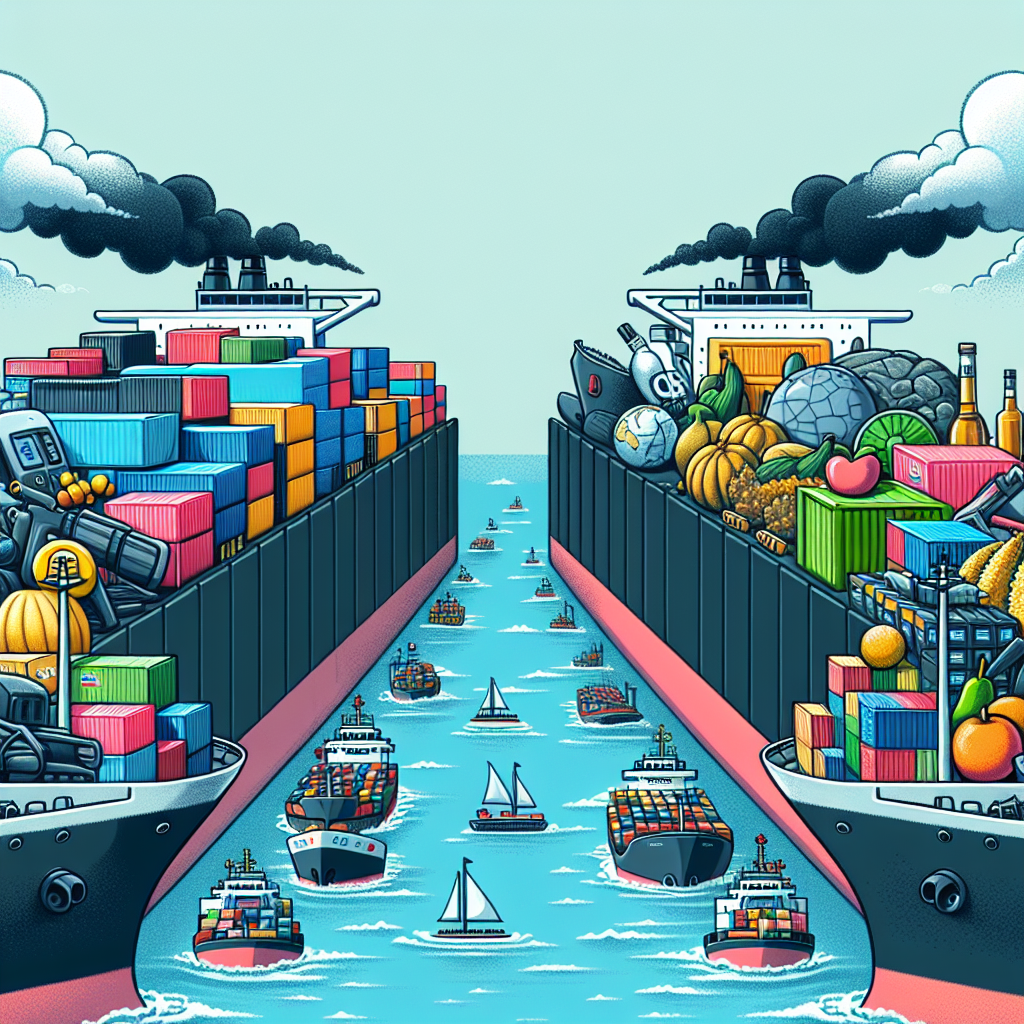Australia Shields Economy from U.S.-China Trade War Fallout
Australia's Labor government, led by Prime Minister Anthony Albanese, prioritizes protecting the nation from the U.S.-China trade war's economic impact. Despite early polling challenges, Labor expanded its parliamentary majority, focusing on resisting economic threats from international tariffs, affecting pension funds and federal workforce proposals.

- Country:
- Australia
In a decisive move following their electoral victory, Australia's Labor government, led by Prime Minister Anthony Albanese, has set its sights on insulating the nation's economy from the adverse effects of the ongoing U.S.-China trade tensions. Treasurer Jim Chalmers emphasized this priority during a talk with the ABC on Sunday.
The Labor Party, which emerged stronger in the parliament with an expanded majority, is responding to voter concerns about economic uncertainties and U.S. policies under former President Donald Trump. The Australian electorate had initially been troubled by cost-of-living issues and showed stronger support for Labor after conservative opposition unveiled contentious policies.
As fears over the U.S. tariffs' impact on global markets and pension funds escalate, Labor's focus on maintaining economic stability and addressing urban voters' needs is paramount. Critics of previous proposals believe the party's gains reflect a broader desire for government adeptness in handling global economic shifts.
(With inputs from agencies.)
ALSO READ
Transforming Stray Chaos into Canine Economy: Project MBF's Ambitious Vision for India
Global Economy Jolted by Middle East Conflict - Stock Selloff and Energy Price Surge
Middle East Conflict Threatens Euro Zone Economy
French Economy's Resilience Amid Middle East Crisis
Manufacturing, logistics, and MSMEs are pillars of Indian economy, says Prime Minister Narendra Modi.










